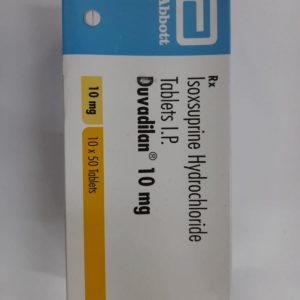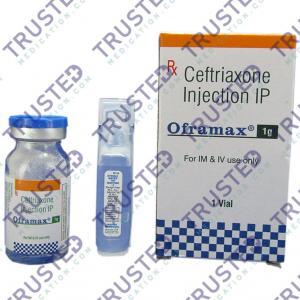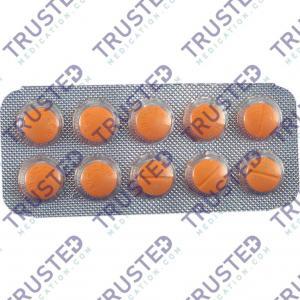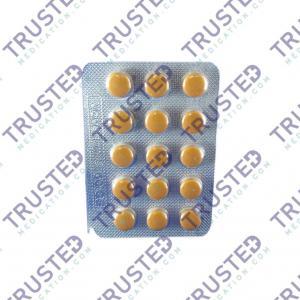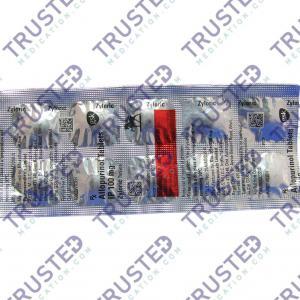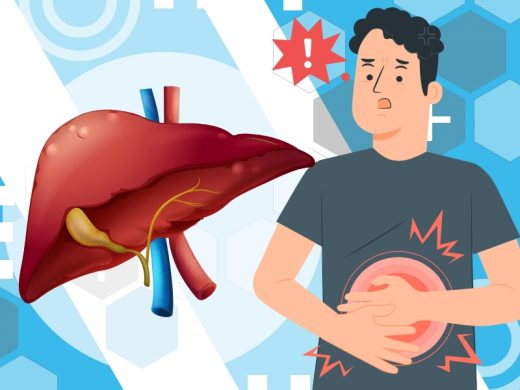
Fatty liver disease is a build-up of fats in the liver that can damage the organ and lead to serious complications. It affects about one in every 10 people. The liver normally contains some fat, but if the weight of the liver is made up of fat that accounts for more than 10% of its weight, then you have fatty liver and may develop more serious complications.
Fatty liver may cause no damage, but sometimes the excess fat leads to inflammation of the liver. Sometimes, inflammation from a fatty liver is linked to alcohol abuse. The two types of fatty liver disease:
- Alcoholic liver disease. Heavy drinking can lead to an accumulation of fat in the liver, which is known as a fatty liver. About 5% of people in the U.S. have this form of liver disease.
- Nonalcoholic fatty liver disease. Nonalcoholic fatty liver disease occurs in people who are not heavy drinkers. There are no specific causes of nonalcoholic fatty liver disease but several factors may increase your risk of the condition.
What are the Signs of Fatty Liver Disease?
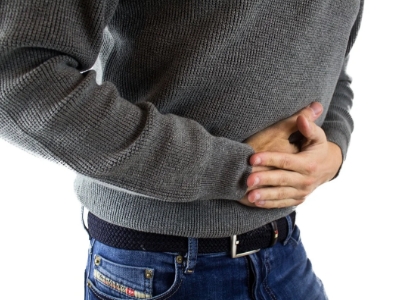
- Abdominal pain
- A feeling of fullness in the upper right side of the abdomen
- Nausea
- Loss of appetite
- Weight loss
- Yellowish skin
- Jaundice
- Swollen legs and abdomen
- Mental confusion
- Extreme tiredness
- Weakness
If the symptoms persist for a week or two, make an appointment with your doctor especially if the signs are bothering you. Some fatty livers develop inflammation that progresses to cirrhosis. Cirrhosis may also lead to:
- Fluid buildup in the abdomen
- Swelling of veins in your esophagus
- Confusion
- Drowsiness
- Slurred speech
- Liver cancer
- End-stage liver failure
What are the Causes of Fatty Liver Disease?
Eating excess calories causes fat to build up in the liver. Fat will accumulate in the liver if it is not able to process and break down fats as it should. Fatigue and diabetes are associated with fatty liver. Obesity, diabetes, and high triglycerides can also cause fatty liver. Alcohol abuse, rapid weight loss, and malnutrition may also lead to fatty liver.

Risk Factors of Fatty Liver Disease
- Obesity. It causes more fatty liver disease than alcoholism. This leads to chronic inflammation and scarring of the liver.
- High fat intake. A high-fat diet causes a harmful accumulation of fat in the liver that may not reverse even after switching to a healthier diet.
- Alcohol intake. Drinking a large amount of alcohol, even for just a few days, can lead to a build-up of fats in the liver.
- Diabetes mellitus. It increases your risk of nonalcoholic fatty liver disease, even if you drink little or no alcohol.
Diagnosing Fatty Liver Disease
The purpose of the diagnosis is to determine the severity of the condition. Your doctor may order blood tests, abdominal ultrasound, CT scan, and Transient elastography. If other tests are inconclusive, your doctor may recommend a procedure to remove a sample of tissue from your liver for biopsy.
Treatment for Fatty Liver
The first line of treatment is usually weight loss through a combination of a healthy diet and exercise. For conditions that lead to cirrhosis, liver transplantation may be the only choice. For fatty liver disease, you can take Natural products such as Milk Thistle.

